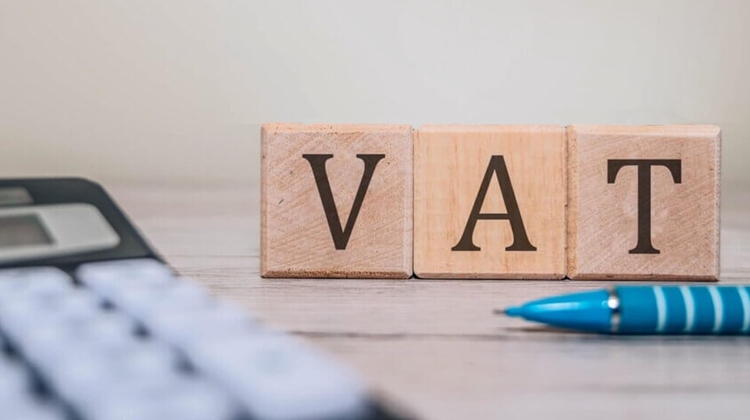There are many pros and cons of being VAT registered, and it can be a difficult decision to make. In this article, we’ll explore the advantages and disadvantages of vat registration so that you can make an informed decision about whether or not to become vat registered.
Advantages
There are several advantages to being vat registered, including:

You can claim back vat on purchases – This is probably one of the biggest advantages of being vat registered. When you’re vat registered, you can claim back the vat that you’ve paid on all of your business purchases. This can save you a lot of money in the long run.
You can charge vat on your products and services – When you’re vat registered, you can charge vat on your products and services. This means that you can make a lot more money than you could before.
You can also reclaim the VAT you have paid on your business expenses for other activities, such as utilities and marketing. HMRC allows you to reclaim a percentage of the VAT paid on your business expenses. This percentage is known as the ‘recovery rate’. It’s not possible to reclaim 100 per cent of your VAT payments. HMRC’s recovery rate is currently 10 per cent, but this can change from time to time.
HMRC’s recovery rate is currently 10 per cent, but this can change from time to time. You will also need to keep records of your VAT-able business expenses. These can include all the things you spend money on, such as the cost of goods and services, your business premises and any business equipment.
Disadvantages

The big disadvantage of being VAT registered is that it’s a requirement. Therefore, you can’t claim back VAT if you don’t register. If you do register, you’ll need to keep records, enabling you to prove your claims, and you’ll need to have them audited and checked to make sure that they’re correct. If you fail to keep your records or check them, you may find that HMRC will take a decision about whether or not you owe money back.
Your profits may also be affected by the tax: HMRC set a limit for the proportion of your turnover that you can claim back each year, and if you exceed this, you’ll pay interest and penalties.
Filing a VAT return each year is required. You can’t avoid this by failing to register.
As a VAT registered business, you must give the VAT back to HMRC on time. This is known as ‘paying your accounts’ and is a requirement. HMRC has a system called ‘VAT returns on file’ to ensure that this happens. This system is a computer based system that ensures that HMRC receives your VAT returns on time. If you don’t register, HMRC will check your records to make sure that they meet the guidelines for VAT returns on file. If you are VAT registered, your business will have certain obligations and responsibilities. This includes being responsible for making VAT returns, filing your VAT returns and paying any VAT liability. VAT registration is a requirement, but it’s a requirement that will benefit you. We hope that this article has helped you. If you have any questions about VAT registration, or need help registering, we’d be happy to help you.


Leave a comment